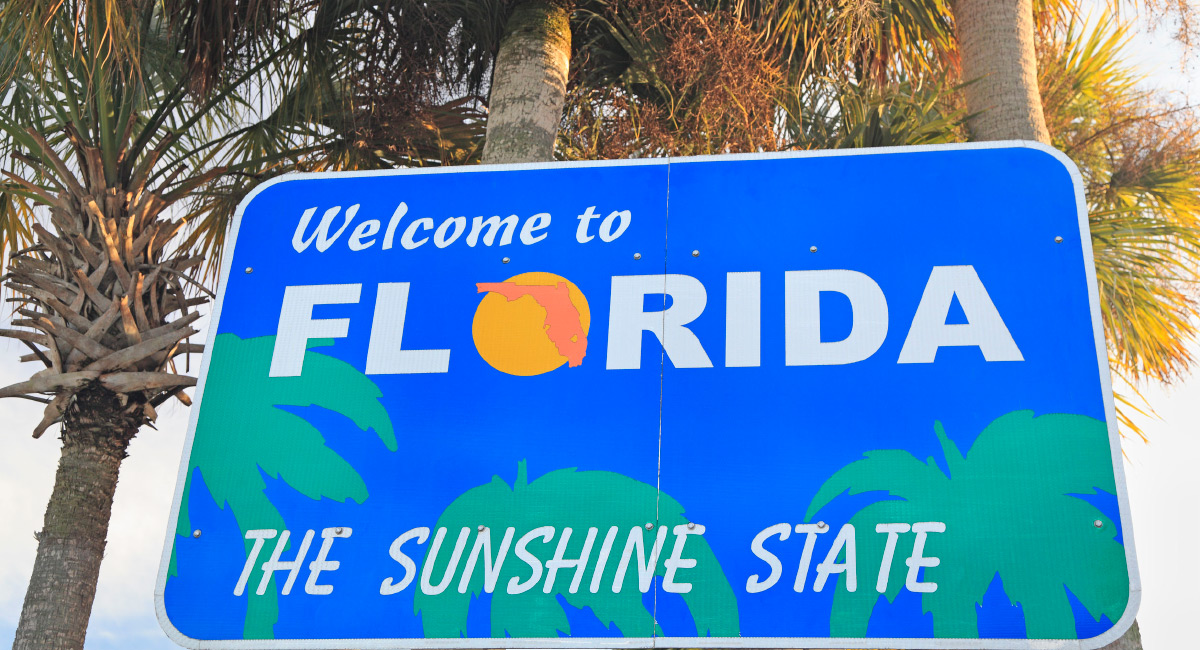I think the best single indicators of the overall quality of life of a state are statistics on net migration. If lots of people move into an area, it is reasonable to assume that they think that place is overall a good place to live—better than the place that they left. Out-migration is a sign that for some reason(s) people perceive that the place in which they have been living is less desirable than their new destination.
There is something very striking looking at net migration statistics: areas of out-migration are mostly states with highly educated populations; areas of net in-migration have an existing population much less likely to have a bachelor’s degree or more. For example, I took the five states with the largest net-out migration between July 1, 2018 and June 30, 2019 as estimated by the Bureau of the Census: California, New York, Illinois, New Jersey and Massachusetts. The proportion of adults with a bachelor’s degree or more in those states ranged from 32.6 to 42.1 percent, all well above the average for the entire nation. The net out-migration from these states was more than 560,000 persons—over one person every minute.
Then I looked at the five states with the most net in-migration in that period: Florida, Texas, Arizona, North Carolina, and South Carolina. They had a net influx of more than 470,000 persons. Yet the proportion of adults with bachelor’s degrees was under 30%, below the national average, in every one of these states.
Moreover, the quality of higher education was clearly perceived to be especially high in the highly educated out-migration states. All of the 11 schools (there was a three-way tie at #9) at the top of the latest US News best national universities list came from one of the 10 states with the greatest amount of out-migration. Massachusetts (home of Harvard and M.I.T.) and Illinois (University of Chicago and Northwestern) are great places to go to school, but get away from there after graduation!
The move away from super highly educated areas to ones with less education was highlighted recently by the migration of the world’s richest person, Elon Musk, from California to Texas, as well as by other high-profile individuals like Donald Trump fleeing university-intensive states such as New York. Interestingly, both Musk and Trump attended a prestigious Ivy League school (Penn) in a state with net out-migration, both moving to states with lesser average levels of educational attainment.
As a young scholar I made a modest national reputation doing studies on interstate and international migration, and I am abundantly aware there are many factors motivating movement patterns, including the availability of jobs, taxes, climate, housing prices, pollution and traffic congestion, the perceived quality of schools, etc. A full analysis of this issue would require more sophisticated empirical analysis, and since most American academics arguably have a conflict of interest regarding the results, perhaps studies should be largely done by scholars at non-university research centers or perhaps from other countries. And I readily concede that such an analysis might conclude the university-migration relationship observed above is largely spurious. For example, the high out-migration states have relatively high taxes, higher than in the large in-migration states. That may be more important than educational background.
That said, however, the simple correlation between migration and college degree attainment is strong enough to warrant fuller investigation. I think there are plausible explanations for the observed results: while college graduates are more productive (measured by earnings) than non-graduates, college attendance is expensive, and there are potential “negative externalities” associated with universities. Living in Flyover Country, I sense many of my neighbors feel highly educated folks living in coastal states like New York tend to be arrogant with an off-putting sense of superiority.
I looked at the 10 states with the highest level of collegiate attainment—every one of them gave their electoral college votes to Joe Biden. By contrast, nine of the 10 states with the lowest level of collegiate attainment gave their electoral votes to Donald Trump. Although Biden won the election, people are on balance moving to more conservative areas less enamored of progressive politics financed by relatively high taxes.












